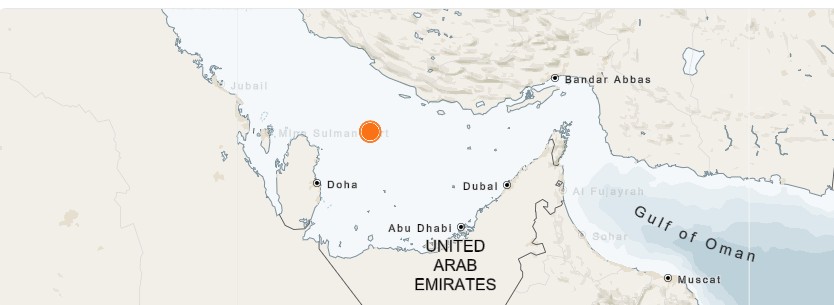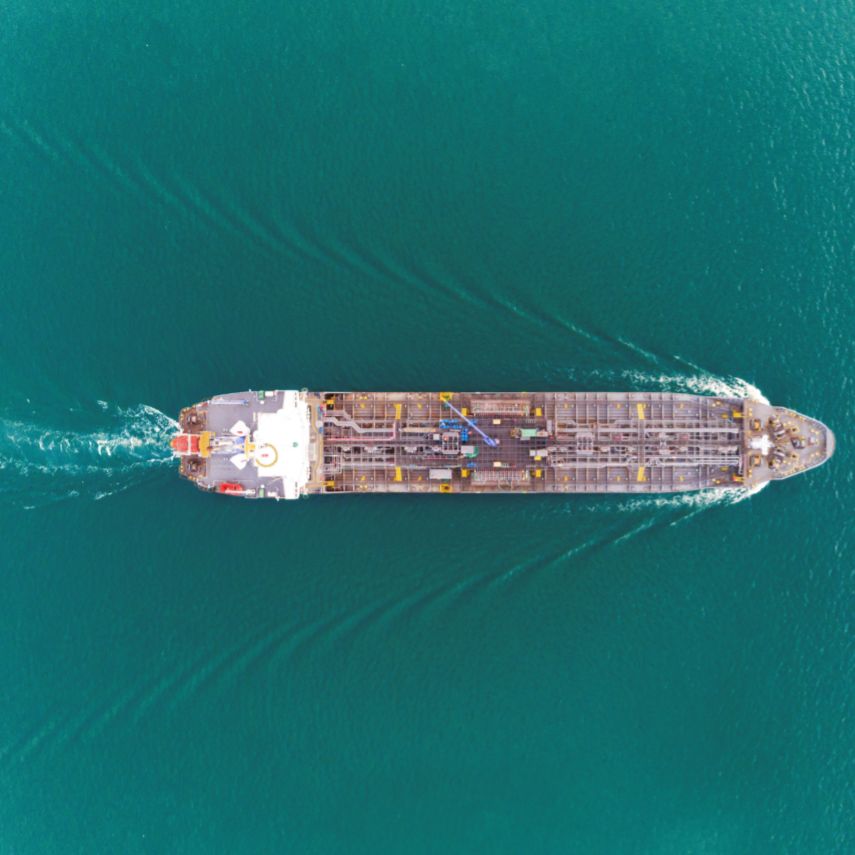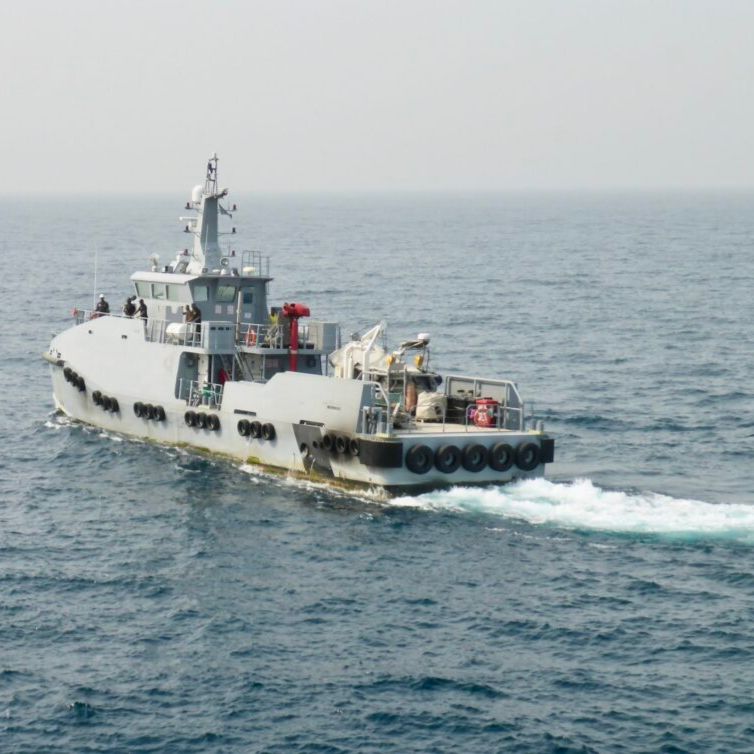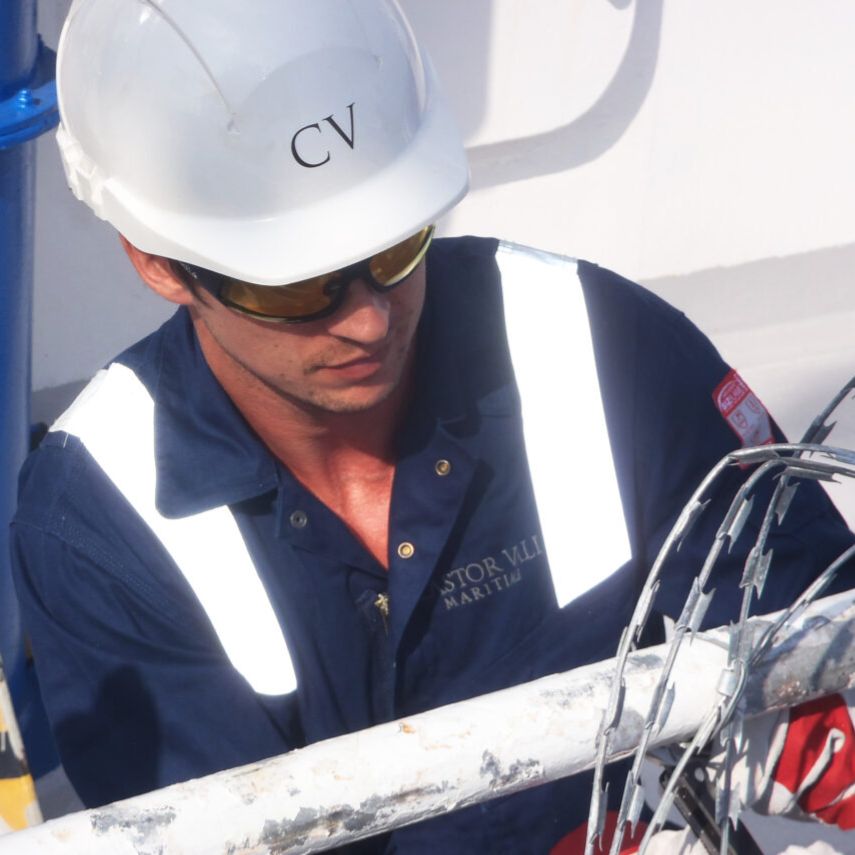|
|
Advisory - Red Sea and Strait of Hormuz |
Dear Client, |
Incident Details |
Incident Date & Time: 07 October 2025, 0100 hrs UTC Location: Red Sea and Strait of Hormuz Latitude/Longitude: 26° 11' 60.00" N, 52° 35' 30.00" E |
Vessel Name, Type, Flag and Status: N/A Incident Type: Advisory Crew status N/A |
Incident Details |
Description The UK Maritime Trade Operations (UKMTO) has reported an increase in Global Navigation Satellite System (GNSS) interference, including Automatic Identification System (AIS) speed anomalies, from vessels operating in the UKMTO Voluntary Reporting Area between October 3-7, 2025. Vessels transiting the Red Sea and Strait of Hormuz are encouraged to maintain vigilant watch-standing, recognize GNSS interference, and avoid relying solely on electronic navigation methods or autopilot in areas prone to GNSS disruption. Mariners are advised to consider using traditional non-electronic position-fixing methods to cross-check vessel positions while navigating coastal or congested waters. All vessels operating within the UKMTO Voluntary Reporting Area experiencing disruptions to electronic navigation systems (GNSS, AIS, or other Positioning, Navigation and Timing systems) are strongly encouraged to document the locations and times of disruption. Vessels are requested to provide photographs or videos of affected ship electronics or navigation systems in reports to UKMTO as soon as practicable.
Response Actions - Security Incident Reported
Stolen Items - N/A
Key findings This incident highlights a sophisticated form of maritime threat that doesn't rely on physical attacks but instead targets critical navigation systems. The widespread nature of the interference, affecting multiple vessels over several days, suggests a coordinated effort rather than isolated technical issues. The focus on the Red Sea and Strait of Hormuz, both strategically important waterways, indicates potential geopolitical motivations behind the interference. The recommendation to use traditional navigation methods alongside electronic systems is particularly noteworthy. It underscores the vulnerability of modern vessels to electronic warfare tactics and the importance of maintaining proficiency in non-electronic navigation skills. The request for detailed documentation, including visual evidence, suggests authorities are actively investigating the source and nature of the interference, which could be crucial for developing countermeasures.
Recommendations - Implement redundant navigation systems, including non-electronic methods. - Conduct regular crew training on recognizing and responding to GNSS interference. - Establish clear protocols for documenting and reporting electronic navigation disruptions. |
|
Explore More From Castor Vali |
Ship Security Assessments/Plans (SSA/P) A component of the International Ship and Port Facility Security Code. |
Ship Security Alert System (SSAS) Monitoring |
Supporting clients across Nigerian waters, the EEZ, and the wider Gulf of Guinea. |
Vessel and Rig Hardening Vulnerability Assessment |
Disclaimer |
UK Global Head Office: Castor Vali Ltd
East Africa Regional Headquarters: Castor Vali Africa (Kenya)
United Kingdom | Nigeria | Ghana | Somalia | Kenya | Tanzania | Zanzibar | Operations Centre (24 Hrs): +254 (0) 20 440 9614 | +254 (0) 711 105 879 |






